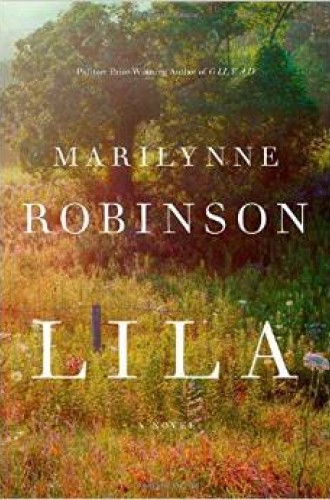The preacher’s wife
Marilynne Robinson’s readers already know the title character of her new novel, having met Lila twice: once as the mother of John Ames’s son in Gilead, and once as a skeptical but sympathetic presence in Home, the story of Gilead’s Boughton family. And I felt that I had met Lila in Robinson’s other work, perhaps in the characters of Sylvie and Ruth in Housekeeping, two women torn between homelessness and home, between something wild in themselves that resists domesticity and something that craves shelter. Early in Lila, the title character recalls John Ames telling her about a bird that had flown into his house during a storm. “It left a blessing in the house,” he told her. “The wildness of it. Bringing the wind inside.” Lila knows that this is Ames’s way of acknowledging their relationship, the bit of “wind inside” that she is to him. It is also Ames’s way of acknowledging that she might not stay with him. He has no right to keep her. She is free to go if she must.
Lila grapples with her desire for both freedom and shelter. Throughout the novel, she tells her own story to herself, from the moment that her surrogate mother, Doll, stole her off a porch, through the birth and baptism of her son. She tries to understand this story in light of her new circumstances, and she wonders what of it she will share with Ames.
At the beginning of the novel, she decides only to tell him sweet things about her past:





